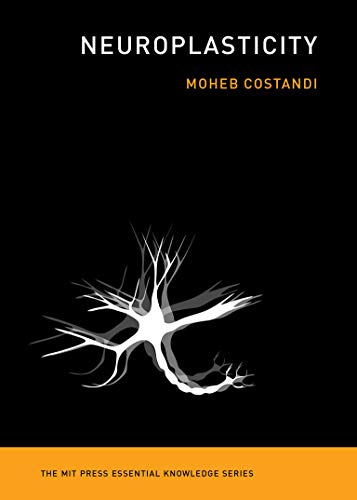Sublime
An inspiration engine for ideas
médecin français Jean Itard (1774-1838),
Oliver Houde • L'école du cerveau: De Montessori, Freinet et Piaget aux sciences cognitives (PSY. Théories, débats, synthèses t. 15) (French Edition)
In subsequent work he was able to locate neurological damage to the part of their brains that create and control our sense of body image. This damage had occurred at birth, or very early on. This meant that the brain could create a body image in a perfectly healthy person that was highly irrational. It seemed as well that our sense of self is far
... See moreRobert Greene • Mastery (The Modern Machiavellian Robert Greene)
Reflect the world. Brains match themselves to their input. Wrap around the inputs. Brains leverage whatever information streams in. Drive any machinery. Brains learn to control whatever body plan they discover themselves inside of. Retain what matters. Brains distribute their resources based on relevance. Lock down stable information. Some parts of
... See moreDavid Eagleman • Livewired: The Inside Story of the Ever-Changing Brain
Harvard Medical School was and is at the forefront of the neuroscience revolution,
Bessel van der Kolk • The Body Keeps the Score: Brain, Mind, and Body in the Healing of Trauma

brains are most flexible at the beginning, in a window of time known as the sensitive period.5 As this period passes, the neural geography becomes more difficult to change.
David Eagleman • Livewired: The Inside Story of the Ever-Changing Brain
Neurociência e Educação: Como o Cérebro Aprende (Portuguese Edition)

One was the fact that our father’s neocortex genes seem to be suppressed during development so that the neocortex we have is determined by our mother’s genes;
Robin Dunbar • Friends: Understanding the Power of our Most Important Relationships
The emotional brain’s cellular organization and biochemistry are simpler than those of the neocortex, our rational brain, and it assesses incoming information in a more global way. As a result, it jumps to conclusions based on rough similarities, in contrast with the rational brain, which is organized to sort through a complex set of options.